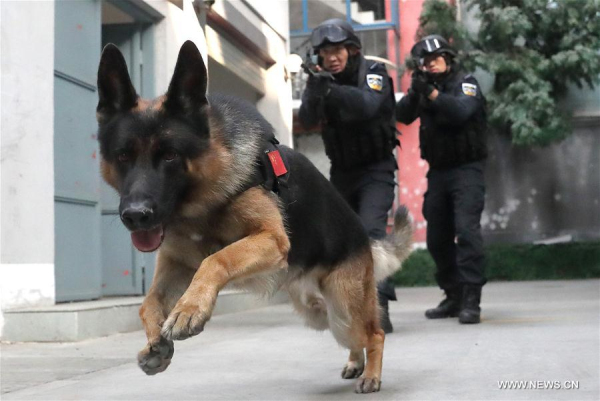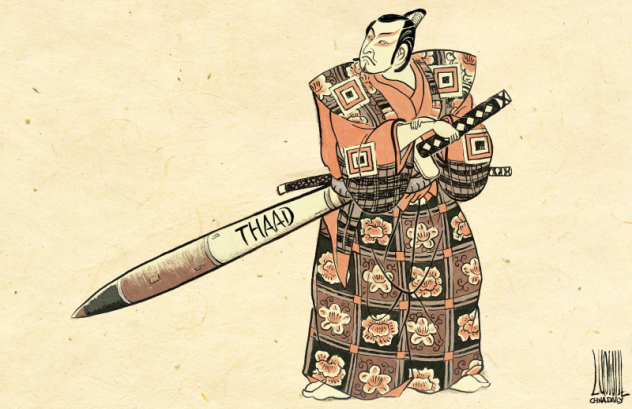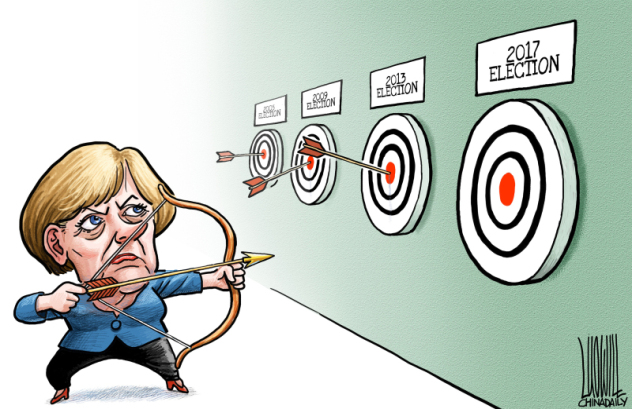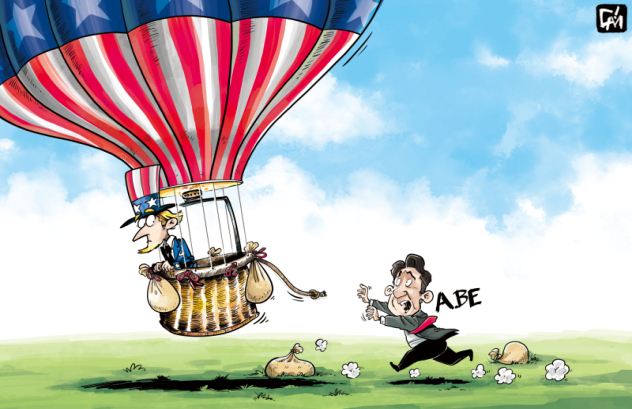Clarifying legal status of police assistants strengthens rule of law
 |
|
Members of a SWAT team of Beijing police attend a drill with a police dog on Nov 5, 2016. The police dog division of Beijing Municipal Public Security Bureau was founded in 1952. Up to 2015, there have been more than 1,000 police dogs serving in criminal investigation, SWAT, public transportation, firefighting and some other departments of Beijing police.[Photo/Xinhua] |
Temporary employees?are often hired by the police to help with law enforcement. These assistants have aroused controversy because their legal standing in enforcing the law was not clear until now. The State Council, China's Cabinet, recently issued a detailed guiding document making clear their power and responsibilities. Beijing News comments:
There are many problems with temporary police assistants, because of their undefined legal status, including them becoming scapegoats in some disputes and being punished for the wrongdoings of police officers.
For example, when the police want to use force but are not sure about whether they should, they will ask the police assistants to do it. In case an innocent resident is harmed and it creates a scandal, the leading local police official will simply employ police assistants so the police officers can easily escape any responsibility.
Such an approach has already damaged the reputation of the police in certain cities. The new guiding document of the State Council makes clear that any police official who instructs police assistants should be held accountable for their actions.
It also clearly states that police assistants should be properly regulated and be penalized for any wrongdoing. That will help curb the excessive zeal of some police assistants in enforcing the law.
Of course, while strengthening the disciplinary regulation over police assistants, the new guideline also protects the legal rights of police assistants, and says that they should be paid out of a local government's budget, and their families given compensation if they are killed or wounded on the job.


























